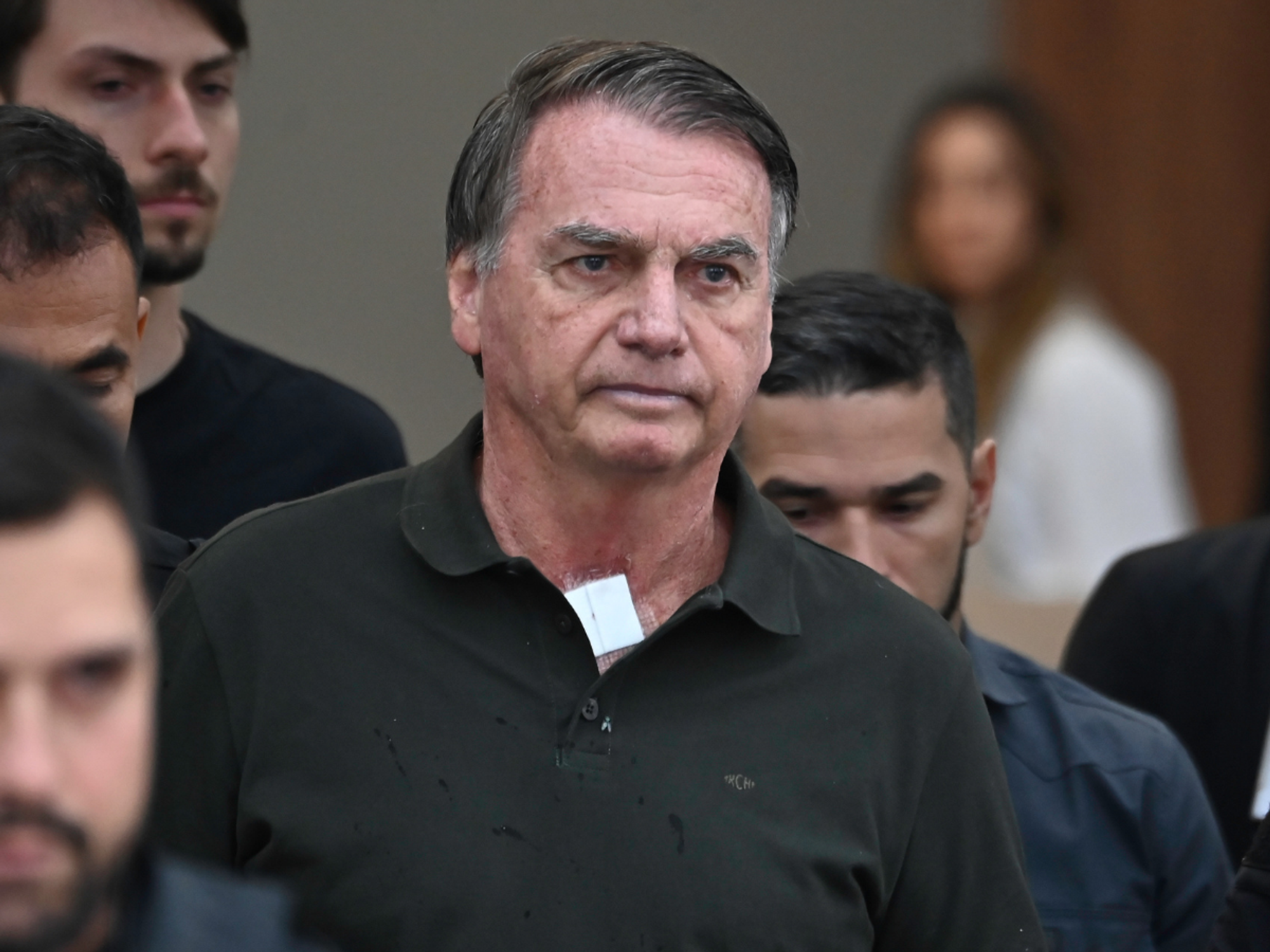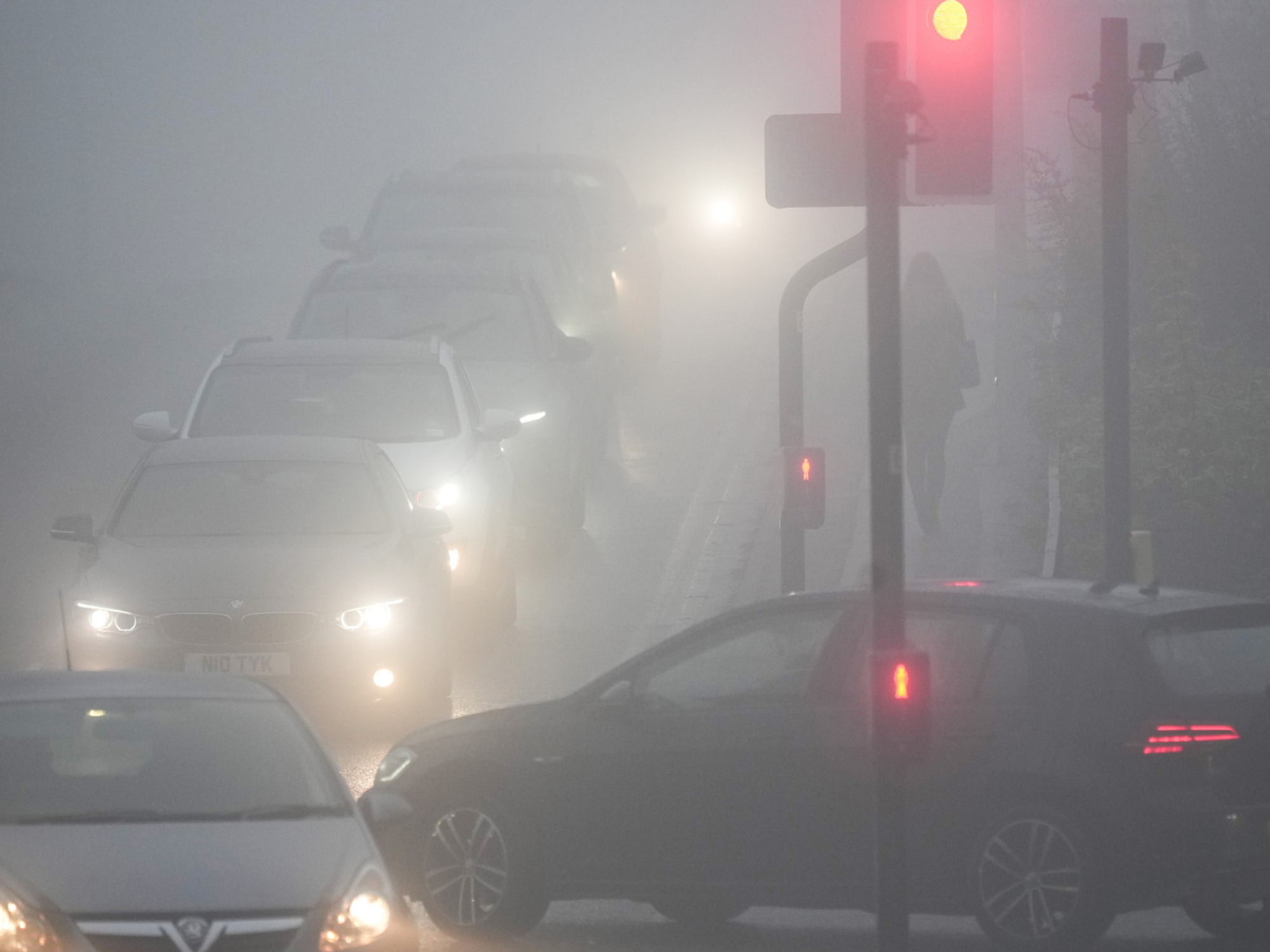Colin Brazier: Saying you can’t criticise Islamism is like saying you can’t impugn Marxism

By Colin Brazier
Published: 18/01/2022
- 18:37Updated: 18/01/2022
- 18:58Do we make excuses for violent jihadists? Are we reluctant to attribute their actions to an ideology, lest we be accused of Islamophobia?
Don't Miss
Most Read
Latest
Do we make excuses for violent jihadists? Are we reluctant to attribute their actions to an ideology, lest we be accused of Islamophobia?
Let’s consider the latest attempted atrocity. Malik Faisal Akram took hostages at gunpoint in a Texas synagogue and held them for ten hours before being shot dead.
Why did he have to be killed, asked his brother back home in Blackburn in an interview with Sky News, as if the bloodshed was somehow a reflection of heavy-handed American police-work, not the actions of a man so riddled with anti-semitism he was willing to travel 8000 miles in search of victims.
But that was Akram’s brother. We can understand why HE might want to blame someone other than his sibling - as he struggles with shock and sorrow.
Less comprehensible is the reaction of those who are not grieving, who had never heard of Malik Faisal Akram before his name flashed-up in news reports at the weekend.
The commentators and journalists and community leaders who contract-out culpability. The mainstream voices that deflect blame away from the perpetrator, so that it can be heaped at the door of institutions or ideas the progressive mind finds more of a ‘fit’.
What do I mean by that? I mean that when a terrorist like Akram strikes, it’s easier to say he was brainwashed, or suffering from a mental illness.
Or that he was on MI5’s radar and they should’ve picked up signs of his radicalization or stopped him flying to America, as if an act of terror is as predictable and preventable as a fire or flood.
Well it’s not, is it? Malik is an uncomfortable reminder of how, sometimes, Islamism refuses to conform to our behavioural expectations. Malik wasn’t a teenager, confused about life and his role in it.
He wasn’t an angry young man, a university drop-out, spurned and lonely. He was 44 and a father. He’d lived a life.
And yet he made a choice to travel to another continent in search of Jewish victims. He set out to terrorise, not on a whim, but according to a plan that took time to devise, research and execute.
I don’t say this lightly. I say it after more than two decades of reporting from behind the police tape used to cordon off the scenes of Islamist terror attacks. From Islamabad to Istanbul, from Nice to Nairobi. From the airport at Glasgow to the Arena at Manchester.
In the decade after 9/11 there was an open-minded spirit of robust inquiry that would now be defined by that most weaselly of weasel words: Islamophobia.
There is nothing bigoted or racist about asking how a faith can become an ideology; how an ideology can sometimes become a manifesto for violent action.
In the noughties, there was a willingness to take Islamism seriously, as a belief system, as a political creed – and interrogate it. Does that happen now?
I don’t think it does. Partly, that’s because several of those involved – I’m thinking of someone like the radical preacher Anjem Choudary, who I interviewed several times – were subsequently sent to prison.
But it’s also because it was just too much trouble. Too difficult for the media to consider the role played by an ideology that seeks to persuade, not by infiltrating mentally ill minds, but by persuading people with a set of coherent – if often abhorrent – beliefs.
Many of my mainstream media colleagues, including some who stood with me behind the police tape of assorted atrocities, have their doubts about the rigid journalistic template which now governs coverage of terror attacks.
Talk about balloons and cards and coming to terms with. Talk about mental health and brainwashing. Talk about how the security services failed to follow up leads. Talk about anything but the ideology, lest you be accused of Islamophobia, a meaningless word deliberately coined to chill debate.
Why do I say that? Because, while there is unquestionably such a thing as anti-Muslim bigotry, which should be vehemently rejected, there can be no such thing as Islamophobia. We cannot be phobic about a prosletysing belief system.
Saying you can’t criticize Islamism is like saying you can’t impugn Marxism. Far too many journalists now fail to recognize, even less stand up for, that vital distinction.
That’s the Brazier Angle.











